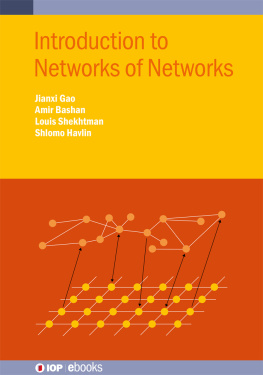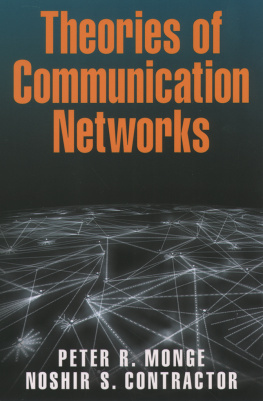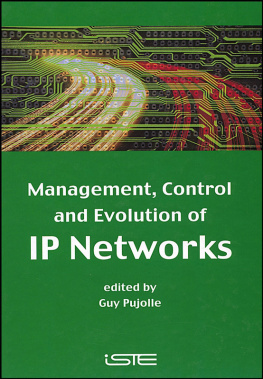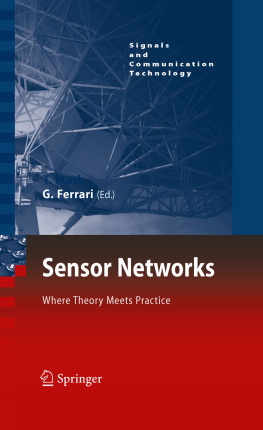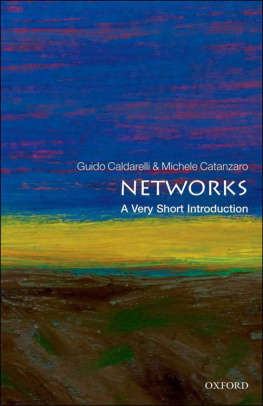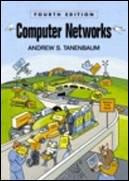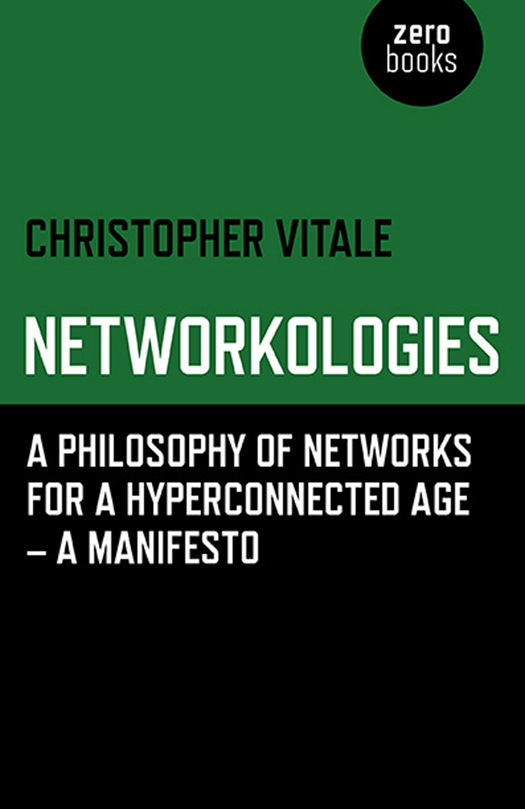

First published by Zero Books, 2014
Zero Books is an imprint of John Hunt Publishing Ltd., Laurel House, Station Approach,
Alresford, Hants, SO24 9JH, UK
www.johnhuntpublishing.com
www.zero-books.net
For distributor details and how to order please visit the Ordering section on our website.
Text copyright: Christopher Vitale 2013
ISBN: 978 1 78099 238 9
All rights reserved. Except for brief quotations in critical articles or reviews, no part of this book may be reproduced in any manner without prior written permission from the publishers.
The rights of Christopher Vitale as author have been asserted in accordance with the Copyright,
Designs and Patents Act 1988.
A CIP catalogue record for this book is available from the British Library.
Design: Lee Nash
Printed and bound by CPI Group (UK) Ltd, Croydon, CR0 4YY
We operate a distinctive and ethical publishing philosophy in all areas of our business, from our global network of authors to production and worldwide distribution.
CONTENTS
nodes:
Note to the Reader
This book is a short introduction to the task of producing a philosophy of networks for our hyperconnected age. The book has two primary parts. The Introduction explains why we might want a philosophy of networks, and the basics of what this could mean. This is done by sketching the technological, cultural, and historical contexts of this project, including the scientific and philosophical sources of its inspiration, while articulating many of the projects primary concerns in the process. The Manifesto which follows then presents, in hypercondensed and programmatic form, the project as a whole, describing in microcosm what it might mean to view the world and everything in it as composed of networks of networks, and the implications this can have for a wide variety of fields.
While the Introduction emphasizes accessibility and explanation, the Manifesto emphasizes compactness, intensity, and scope. Minor repetitions of core notions between these texts allow each to be comprehensive in what it sets out to do, such that the Introduction and Manifesto can be read either together or separately, and the notes are designed to be separable for each part for this reason. Those who wish to read the book from front to back, however, will find that any topic explained in the Introduction is always, after a brief recap, dealt with in greater depth and breadth in the Manifesto. In addition, the notes for both sections emphasize, whenever possible, sources which, like this book, aim to speak to both general readers and specialists, in the hope that readers who are new to any of the topics mentioned can learn about them for themselves.
Because of the brevity of this book, the task of grounding, explaining, and describing the ramifications of many of the claims made are necessarily left to future texts of what I have come to call the networkological project. At present, three additional books in the Networkologies series are nearly complete, and more are already in progress. While it is unusual to work on several books at once rather than publish them in series, I found that this fit the networked nature of the subject matter, allowing me to keep the form as well as content of these texts refractively networking between the volumes. As this network of texts was coming to completion, however, I wrote some brief introductory texts which took on a life of their own, a dense and wide-ranging Manifesto, and its more user-friendly Introduction, and this book is the result.
The wider networks of which this book is only a part, however, are not limited to the printed page. The ideas presented here are crystallizations of notions I have worked to produce by means of an extensive set of writings on a wide variety of topics, which are available on my website at http://networkologies.wordpress.com.
Brooklyn, NY
Spring 2014
Acknowledgments
Writing several volumes worth of interconnected books before publishing the first would never have been possible without the amazingly supportive and creative environment provided by the School of Liberal Arts and Sciences at Pratt Institute in Brooklyn, New York. My department chair Ira Livingston was an incredible mentor through the process of giving birth to a first book, and it was his encouragement to follow my passions freely that really gave me permission to pursue this fully. Dean Toni Oliviero took the risk of hiring such a young teacher, giving me the freedom to develop and publish as I chose. And my amazing colleagues have provided the ideal creative environment. Jonathan Beller and Ethan Spigland were perfect partners in serious intellectual and political games, I have learned so much from both of you. Gregg Horowitz, Lisabeth During, and Jeffrey Hogrefe, along with Jon, Ethan, and Ira, read parts of the manuscript and gave crucial feedback. And my other amazing colleagues, including Stephanie, Ann, Mendi, Uzma, Jennifer, Danny, Tracie, Suzie, Nelson, and Christian, along with Gloriana and Danielle, all the amazing students, and our new Dean Andrew Barnes and new Chair Maria Damon, have made Pratt a wonderful place to grow.
Many teachers and advisors were also a great inspiration. Emily Apter was an amazing dissertation advisor who had faith in me and was a crucial influence. Three additional mentors had a profound impact on the way I think: Eva Geulen taught me how to read, Kaja Silverman taught me how to see, and DorisAnn Markowitz taught me how to create. In addition, Richard Sieburth and Jos Esteban Muoz were wonderful mentors and teachers. And I will never forget the amazing experience of studying in truly inspirational classes taught by Fred Moten, Avital Ronnell, Carolyn Dinshaw, Patrick Deer, Barbara Spackman, Rachel Newcombe, Robert Cohen, Lisa Duggan, Michael Schultz, Max Pensky, Martin Dillon, Donald Weiss, Hubert Farnsworth, and Tom Carter. I also learned so much having the chance to study during summer 2008 at the Complex Systems Summer Program at the Santa Fe Institute in Santa Fe, New Mexico. On the editorial side, Paul Ennis, Liam Sprod, Julia Steinmetz, and above all Dave Kim and Zach Slanger went above and beyond the call of duty in providing detailed commentary on the manuscript, especially Paul and Julia early on, and Dave and Zach at later stages. Extensive feedback from Jason Frenkel and Aaron Hollander was also incredibly helpful at various points along the way. And many thanks to Tariq Goddard and Trevor Greenfield at Zer0 Books for being so flexible with deadlines.
Family and friends have been an incredible support. My friends who became academics, including Ronit Fainman, John Hartman, Daniel Just, Caitlin Benson-Allot, Thomas Philip, Jason Hoffman, Dave Kim, and Aaron Hollander never cease to inspire me. Special thanks to Sam Albright and Jonathan Root for helping to keep me sane during periods of hard work (and to Jon for doing the diagrams). Many other friends have been a wonderful source of support, learning, and joy, including Stan, Tuck, Craig, Kristin, Brent, Steph, Donn, Jess, Shane, Ian, Ray, Geoff, Paul, Adam, Lisa, Dayna, Shay, Ersin, Ralph Parilla, and all the amazing folks of RBN, including Gerrit, Meika, Alan, Sydney, Nan, Candice, Dana, Marshall, Sam, and Jen. To my family, thank you so much for everything!: Dad (with his amazing meteor protection abilities), Grandpa Frank (our rock), Mike, Matt, Joseph, Ricky, Ashley, Adam, Marcella, Steve, Maria, and Carl. My dear doggie, Puggle, was my constant companion for many long hours spent researching and writing. Mimi Spiro was a steadfast source of inspiration and caring. My Mom and Aunt Barbara, as always, are my center in this world.
Next page


